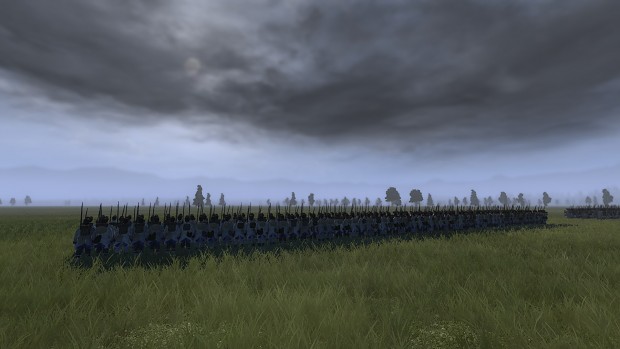
The characteristics of the war were mixed– it was treated as a limited war domestically but was fought more like total war. Although only one-fourth of all military personnel during the war were draftees, the draft was a hallmark of the war. The United States government also drafted 2.2 million soldiers between 19. The United States dropped more than 7 million tons of bombs during the Vietnam War–twice as many as were dropped by Allied Powers during World War II on Germany and Japan combined. However, the Vietnam War was only a limited war in the sense that the United States only refrained from using nuclear weapons during the war. Also, the normal consumerist capitalistic economy helped to fund the war, and the largely unaffected civilian life meant the war required little commitment from anyone who was not fighting in it. And The state of civilian life remained largely unchanged, which was a stark contrast to World War II, when the economy was effectively conscripted by the federal government. The Vietnam War also embodied some characteristics of a limited war, such as the United States having a normally functioning society and economy while fighting the war. Eventually, because the Vietnam War was an undeclared war, people’s anti-war movements were able to force the president to withdraw from the war. Limited war allowed the United States to launch a war without the people’s commitment it was also used by the Pentagon to gradually expand its influence, resulting in the Vietnam War’s escalation in uncertain times.
:max_bytes(150000):strip_icc()/people-march-thru-ga-follow-sherman-illu-517351918-5c262cc1c9e77c000122f319.jpg)
While a limited war prevented a nuclear war between the United States and the USSR, Johnson’s advisors believed it also destined the United States’ involvement in Vietnam to end in defeat.

Johnson eventually chose not to use nuclear weapons in the Vietnam War, which made it by definition a limited war. Therefore, in 1968, when Johnson had to decide to deploy more atomic weapons or not, which his advisors told him would be the only way for the United States to win, the decision was much harder to make than during the Korean War. Vietnam’s geopolitical significance was also greater in the first place–the Domino Effect that was “set up” by the Chinese Communist Party’s victory in 1949 and the draw in Korea in 1953, which created an accumulated paranoia around Asia, that the Vietnam War inherited. In 1963, the year Johnson came into office, the United States already had 16,000 military advisors in Vietnam in two years, the number grew to 75,000. President Johnson, the president who approved the most drastic escalations of the Vietnam War, faced the same dilemma as Truman did, except that the United States was more invested in the Vietnam War, which made withdrawing a greater defeat. It stretched over four presidencies and was the most costly operation for the United States during the Cold War. The Vietnam War began in 1955, althrough congress recognized 1961 to be the start, and the war was not formally approved until 1964. Truman would rather lose the Korean War than use nuclear weapons in an important war that represented the containment of communism in the east because he feared the consequence of provoking the Soviet Union with atomic weapons of such a provocative move. The same criticisms were echoed during the Vietnam War by military commanders who described fighting a limited war as fighting with a hand tied behind their backs.

Vietnam War as a limited warĮven having an understanding of the risk surrounding the nuclear weapons, fighting a limited war was still controversial among American decision makers–General MacArthur accused President Truman, who insisted on a limited war, of killing American soldiers he was later removed from his command. Both the United States and the Soviet Union understood the implication of Mutually Assured Destruction, so they calculated the risks, which ultimately kept the conflicts in the form of a limited war. The possession of nuclear weapons in the hands of both superpowers put a weight on the risk of escalation of the limited wars–in both Korea and Vietnam. The development of nuclear and atomic weapons during World War II made the last part of the definition unique to Cold War limited wars. A limited war by definition is a war in which the weapons used, the nations or territory involved, or the objectives pursued are restricted in some way, in particular one in which the use of nuclear weapons is avoided.


 0 kommentar(er)
0 kommentar(er)
